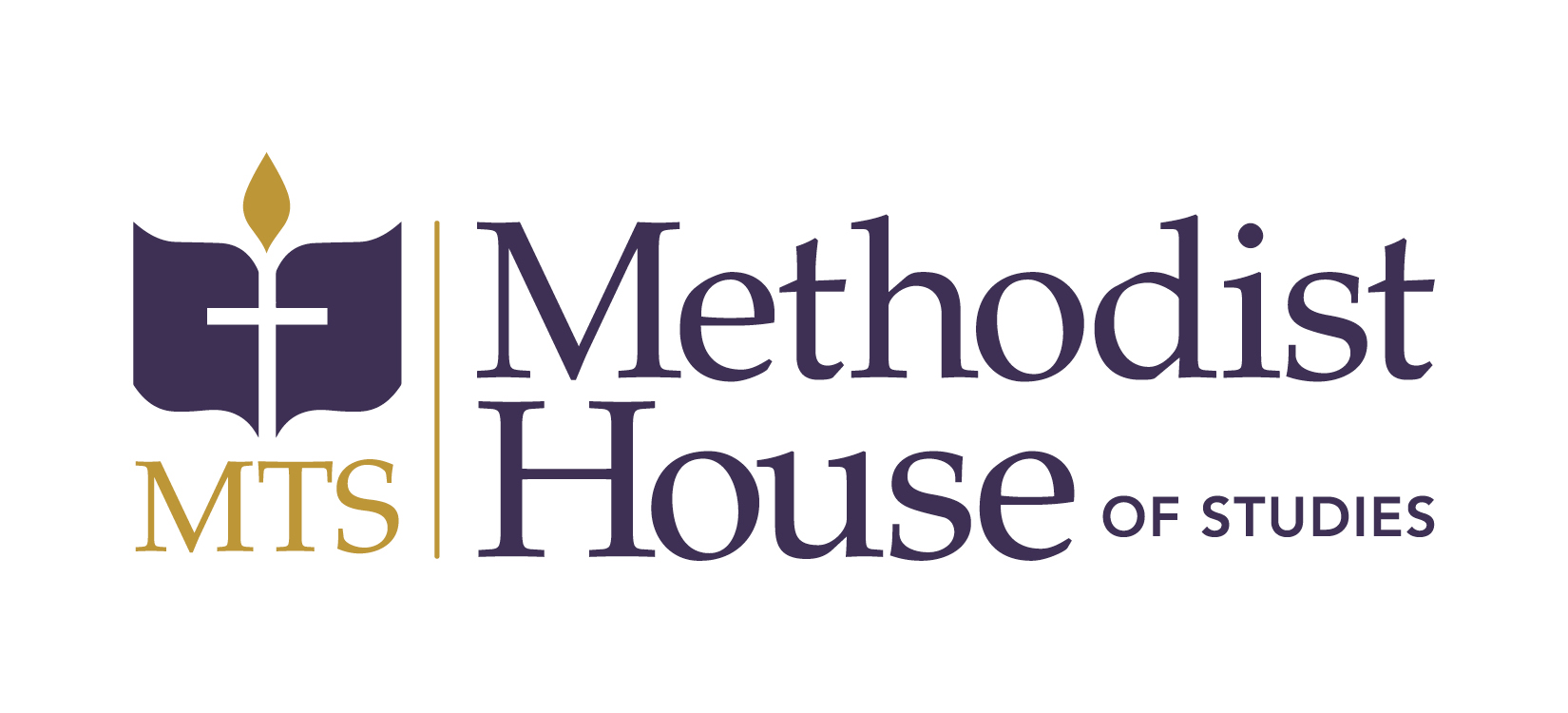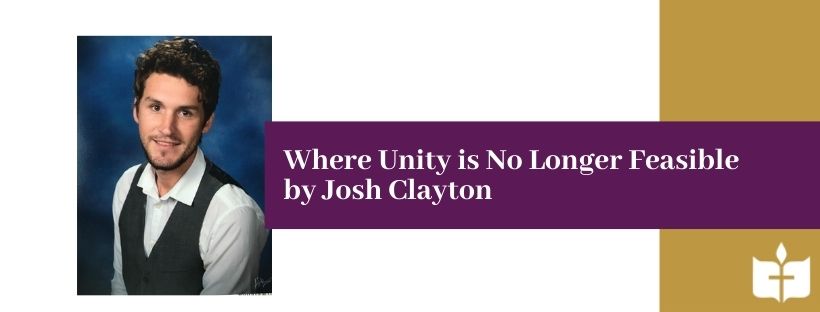by Josh Clayton
The Nature and Mission of the United Methodist Church includes this statement: “The UMC mission is inherently corporate, connectional, ecumenical, and global (as well as local).” In the Preamble to the UMC’s constitution it reads, “The church is a community of all true believers under the Lordship of Jesus Christ. It is the redeemed and redeeming fellowship in which the Word of God is preached by persons divinely called. Under the discipline of the Holy Spirit the church seeks to provide for the maintenance of worship, the edification of believers, and the redemption of the world.” In light of these fundamental statements, let us address the question of whether or not the United Methodist Church can be a “Global church”.
Up to this point, the nature and mission of the church has not been in pursuit of cultural assimilation, political unity, or even identical dogma (although there are core, fundamental doctrines in the Methodist church, there is nonetheless a wide range of beliefs in the United Methodist Church, with Methodists on the far right end of the spectrum as well as the far left). As the Nature and Mission of the UMC states, what has held Methodists together is their shared community under the “Lordship of Jesus Christ.” Disagreement over interpretation of scripture has yet to split the UMC. There have been divisive issues in the Methodist church since Wesley’s days, since the 1968 merger, and up until present. It is probably fair to say that there will always be disagreements of one kind or another in the United Methodist Church, as there will be in any organization that has more than two humans in it. The question is whether or not we will allow differences and disagreements to exist without them dividing us or splitting us. At what point does a disagreement demand separation and division?
Presently, the divide is over homosexuality, particularly concerning gay marriage and the ordination of homosexual clergy. From what I understand the majority in the UMC has voted and supported the notion of keeping the Book of Discipline as it is on this issue (disallowing ordination for homosexual clergy). But, primarily in the U.S. there remains disagreement over this tenet, as well as how to move forward. The disagreement, at its most fundamental level, is one concerning the interpretation of scripture (but there is also an underlying disagreement, it seems, over how we understand “big tent” Methodism and what our focus will be). The more “conservative” position understands homosexuality as being incompatible with the Christian life (and subsequently, incompatible for Christian leadership), and it derives this position from a more literalistic, or traditionalist, reading of Scripture.
The more “liberal” position does not see homosexuality as being any more incompatible with the life of the Christian than heterosexuality, and holds that exclusion(s) of persons, based on their sexual orientation, as being un-Christ-like, unloving, and antithetical to the mission of the Church and Gospel. The conservative position feels that the definition of ‘big tent’ Methodism put forth by the liberals, as well as its practice of it, has betrayed core truths of the faith. The progressive definition of ‘big tent’ Methodism feels that the conservative position makes for a less welcoming and diverse church. A similar debate took place between liberal theologians and fundamentalist Christians in the early 20th century, with the former arguing that by failing to adapt ‘new knowledge’ to the ‘old faith,’ the Church ran the risk of losing participation from a great deal of the up-and-coming generation.
Up to this point, there has been an allowance of diversity among UMC churches as long as they are faithful in upholding the core doctrines and mission of the Church. What has allowed the UMC church to flourish internationally has been its fluidity, its adaptability, and its ability to keep “open hearts, open minds, and open doors.” Since its merger in 1968, the United Methodist Church has been a global church and has been able to deal with a vast array of cultures, people groups, and diversities of expression and belief (again, within the framework of some fundamental doctrines). Up until this point, differing interpretations of scripture have not caused a split in the denomination — which leaves one wondering, why now? The answer seems to be that this is a fundamental issue not merely about interpretation of scripture, although that is undoubtedly at the heart of it, but about the focus, function, and mission of the church.
The conservative position, although desiring to include as many people for God’s Kingdom as possible, sees that some changes in the rules mean a compromise of fundamental aspects of the faith. To change the church’s position on homosexuality – in the areas of gay marriage and gay ordination – is not merely a matter of theological difference, but is a matter that changes the whole nature of the mission of the church (similar to how Wesley came to see the doctrine of Calvinism in Methodism. It was not merely a matter of theological difference, but was a fundamental difference that was not compatible with the Methodist vision and mission). To compromise on this issue is to change the way the “game is played”, so to speak.
At this point it seems that the United Methodist Church can no longer function as a Global Church in the way that it has since 1968. Not only has the difference in interpretation of scripture led to an intractable divide, but the mission of the church is too different between progressives and conservatives for them to continue to work together. The liberal position seeks an accommodational unity that the conservative position cannot agree on; and the conservative position seeks a missional unity which, although it seeks to welcome with open doors and open hearts, sees fidelity to foundational scriptural truths as its priority, over the desire to accommodate or include those who do not abide by its rules and foundational doctrines.
Although the nature and mission of the United Methodist church has been to be a “community of all true believers under the Lordship of Jesus Christ,” the differences in interpretation of scripture and how each side understands the mission and nature of the church has reached a place where unity is no longer feasible; and until this divide is bridged or some common ground can be found, it does not seem that the UMC can be a global church in the ways that it has been.
Josh Clayton is a pastor at Harrison Chapel United Methodist Church in Killen, Alabama. He serves as the worship leader at Killen United Methodist.


